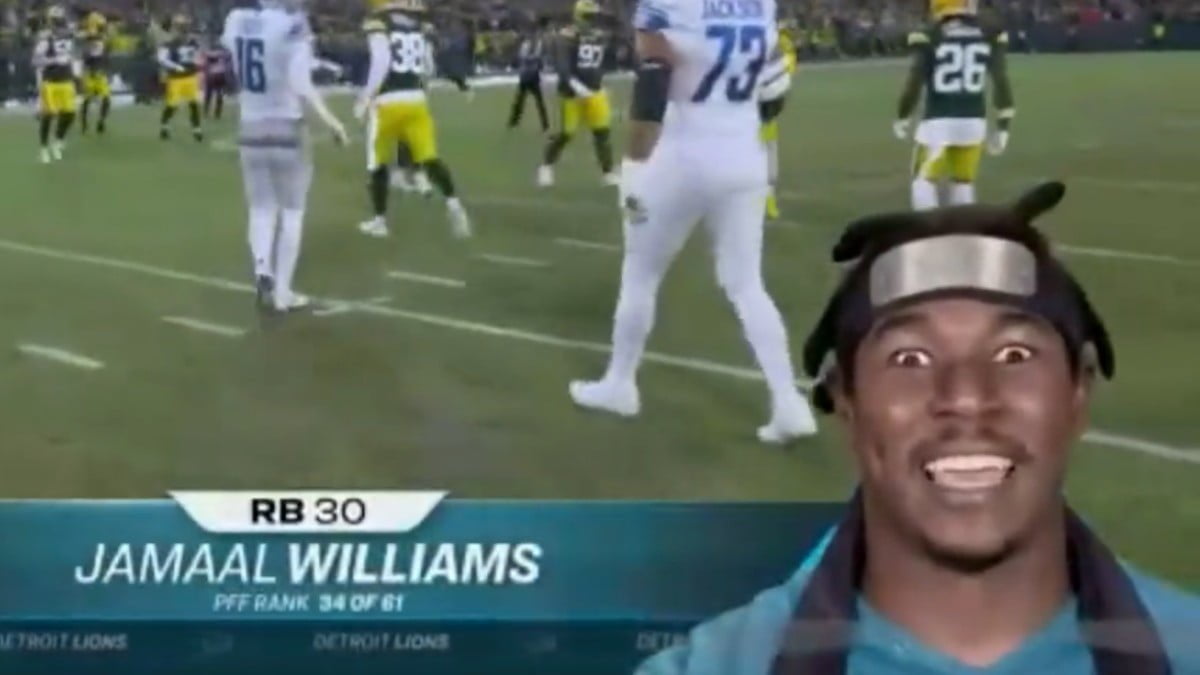Whether or not Jemele Hill is still a sports writer can be debated. Her work now for Spotify and The Atlantic tends to cast a much wider net. But she is best known for her time at ESPN and that means when sports stories take on a social significance, she often has insight that other contributors to those companies do not.
That is the case with the way the media has reacted to a video of UFC boss Dana White slapping his wife inside a Mexican nightclub on New Year’s Eve.
In a new column for The Atlantic, Hill calls the story “the sports scandal almost nobody is talking about.” She notes that both Endeavor and ESPN, two companies with significant investments in the UFC have not been particularly outspoken about any consequences White could face.
“In fact,” she writes, “when I requested comment, a spokesperson declined to elaborate on network officials’ coverage decisions and instead emailed me multiple clips showcasing ESPN’s news coverage of White across the network’s digital, television, radio, and podcasting platforms.”
Jemele Hill points to a tweet from ESPN MMA writer Jeff Wagenheim that seems to call out the company’s position on the video.
Wagenheim later clarified that there were no specific instructions from his bosses about White. “In general we are strongly discouraged from incendiary posts on social media, and with a business partner things are sensitive,” he tweeted.
“Given ESPN’s huge financial stake in UFC’s success, Wagenheim’s revelation is hardly surprising,” Jemele Hill writes. “Because ESPN is a business partner of virtually every major sports league in the country—the NFL, the NBA, college sports, and professional soccer, among others—the network’s journalists face a difficult balancing act when major players of those leagues behave inappropriately.”
She added that her issue with ESPN is not that the network has refused to cover the story. It is that the coverage “has overall been pretty soft“. She pointed to a segment on First Take where both Stephen A. Smith and Molly Qerim seemed to let their respective personal relationships with Dana White dictate how they discussed the video.
Hill added that she has experience at ESPN with the difference between a story receiving “cursory coverage” and one becoming “a nonstop national conversation fueled by the massive sports-media machine.”
ESPN writers feeling compromised on this particular story is of note to Jemele Hill. She writes that White deserves criticism and he certainly seems to know that. She points to a second TMZ video in which White says he is embarrassed to have said for years that there is never an excuse for putting your hands on a woman and now he is having to answer questions about doing it himself.






